Online Service: Adapting tutoring clubs for virtual learning
Tutoring and service clubs face new challenges as they transition into online environments.
Senior Anoushka Sarkar guides Weyanoke Elementary students through a chromatography lab.
October 8, 2020
Among clubs impacted by the shift in virtual learning, service clubs like Learning and Inspiration for Everyone (LIFE), Girls in Engineering, Math & Science (GEMS), and Kids are Scientists Too (KAST) have been hit hardest. These clubs recruited mentors to go to local middle schools and teach kids through experiments and lessons. Club officers entrusted with leading the club faced the challenge of adapting their curriculum but still maintain their goals.
“For now, we’re planning to have our mentors design new lesson plans and help contribute to the club by improving its fundraising and materials-gathering procedures for the science experiments,” senior Trung Phi said. Phi is the president of LIFE, which aspires to foster STEM interest in socioeconomically disadvantaged students at Weyanoke Elementary School.
Other clubs are taking a different approach and attempting to conduct experiments virtually. Platforms like Blackboard Collaborate and Google Meet allow mentors to show experiments and continue mentoring.
“We’re on BBCU and Google Meet and we have the same lessons and recap but the experiments are demonstrations so the kids can follow along,” senior Caroline Sun, one of three co-directors of KAST, said. “They won’t be actually doing some of the messier ones like egg drops, but things like paper airplanes are perfectly fine!”
Although online meetings are useful to meet with kids, they come with inconveniences as well.
“There are some downsides including less interaction and the kids asking fewer questions, but we’re doing our best given the situation,” junior Hailena Bian, a GEMS officer, said.
Even when clubs are able to meet with students, a new set of obstacles is presented when trying to pick experiments the kids can do at home.
“It’s difficult to get everyone in our regular sessions to have the materials necessary, especially when some are pretty niche (although over the summer we partnered with TJPF to create 40 video lessons and test kits for students to follow along),” Sun said.
As with everyone, the service clubs are doing their best to adapt and continue helping the community.
“We hope to find a compromise that will allow us to speak with the students at Weyanoke virtually, and we also look forward to seeing them in real life again!” Phi said.

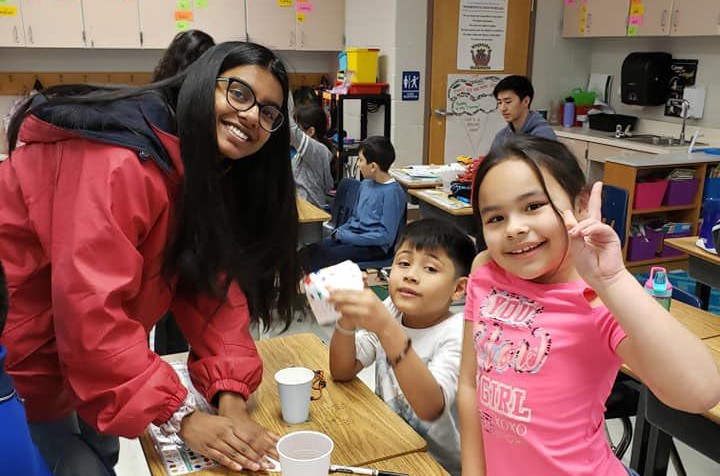





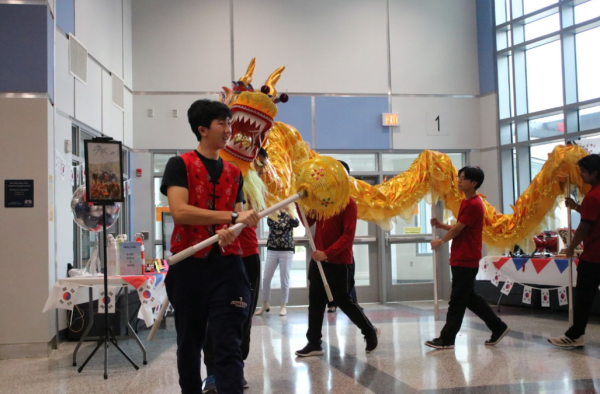



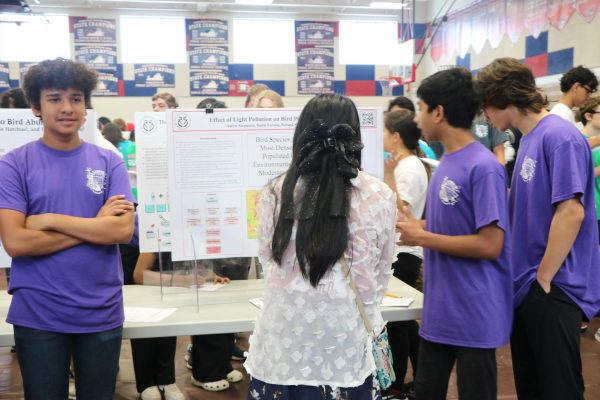
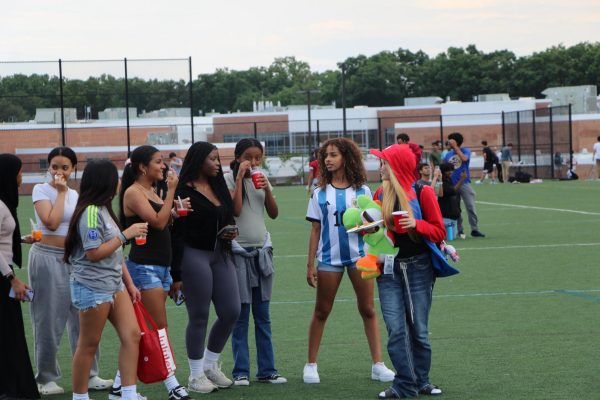
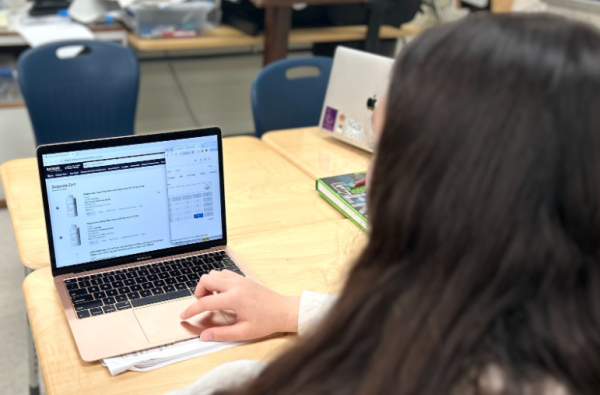
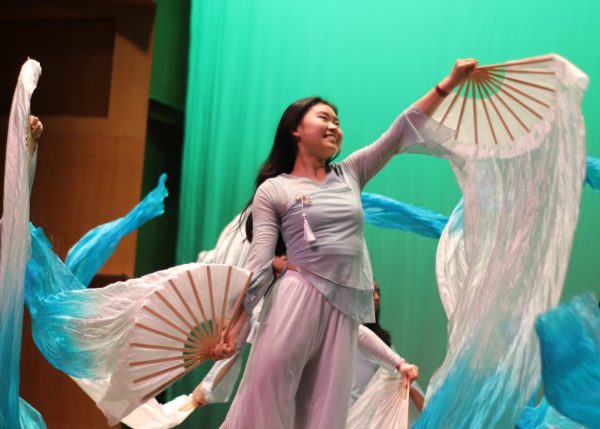
![On Friday, April 12, Jefferson’s Muslim Student Association (MSA) and the Parent Teacher Student Association’s (PTSA) Diversity Committee hosted an Eid-Al-Fitr celebration after school. “I think especially at TJ I have to emphasize [the community] because I feel like at other schools there’s less of an open mind. There’s this environment of Muslim students as well, and so here it’s so calming and kind,” sophomore Palatin Shaaker said.](https://www.tjtoday.org/wp-content/uploads/2024/05/IMG_0420-600x392.jpg)
![Gesturing towards their project, senior Alec Riso describes the mechanisms of the group’s QKD system alongside senior Karthik Thyagarajan. “This laser generates a stream of photons. We lined it up with a collimated lens, [which] focuses the laser into an optical fiber,” senior Connor Whiting said. “The optical fibers [preserve or maintain] are how you measure the polarization state of the photon, which lets us do the encryption protocol.”](https://www.tjtoday.org/wp-content/uploads/2024/05/IMG_0867-e1715793225721-450x600.jpeg)